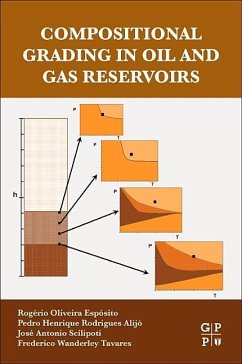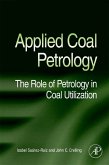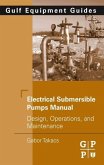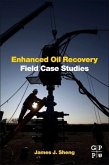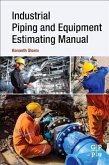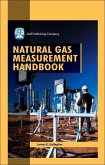Compositional Grading in Oil and Gas Reservoirs offers instruction, examples, and case studies on how to answer the challenges of modeling a compositional gradient subject. Starting with the basics on PVT analysis, applied thermodynamics, and full derivations of irreversible thermodynamic-based equations, this critical reference explains gravity-modified equations to be applied to reservoirs, enabling engineers to obtain fluid composition at any point of the reservoir from measured data to create a stronger model calibration.
Once model-parameters are re-estimated, new sensibility can be acquired for more accurate modeling of composition, aiding engineers with stronger production curves, reserve estimations, and design of future development strategies. Multiple examples and case studies are included to show the application of the theory from very simple to more complex systems, such as actual reservoirs influenced by thermal diffusion and gravity simultaneously.
Other example include a layer for which asphaltene precipitation takes place in the reservoir and three -phase flash algorithms for liquid-liquid-vapor equilibrium calculations, detailing the techniques necessary to ensure convergence.
The book combines practical studies with the importance in modeling more complex phenomena, filling a gap for current and upcoming reservoir engineers to expand on solutions and make sense of their reservoir's output results.
Hinweis: Dieser Artikel kann nur an eine deutsche Lieferadresse ausgeliefert werden.
Once model-parameters are re-estimated, new sensibility can be acquired for more accurate modeling of composition, aiding engineers with stronger production curves, reserve estimations, and design of future development strategies. Multiple examples and case studies are included to show the application of the theory from very simple to more complex systems, such as actual reservoirs influenced by thermal diffusion and gravity simultaneously.
Other example include a layer for which asphaltene precipitation takes place in the reservoir and three -phase flash algorithms for liquid-liquid-vapor equilibrium calculations, detailing the techniques necessary to ensure convergence.
The book combines practical studies with the importance in modeling more complex phenomena, filling a gap for current and upcoming reservoir engineers to expand on solutions and make sense of their reservoir's output results.
Hinweis: Dieser Artikel kann nur an eine deutsche Lieferadresse ausgeliefert werden.

